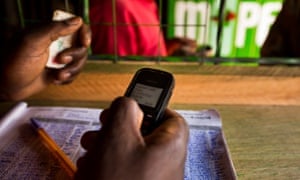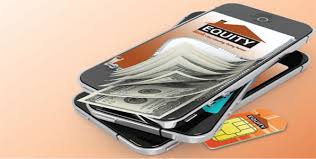Mobile banking has provided financial inclusion for developing countries. A new wave of startups is now taking the tech beyond mobile wallets.
When Ismail Ahmed moved from Somalia to England in 1988, he regularly sent money back home. He experienced exorbitant fees, transfer offices with erratic opening hours, and was often worried about how easily his family would be able to retrieve the money.

In 2010 Ahmed founded WorldRemit, an online service that allows users to send money internationally via a PC or phone. Today, more than 250,000 transactions flow through the system every month, mobile banking.
“We are disrupting this traditional business,” Ahmed said.
In many developing countries, significant majorities of residents do not participate in the formal financial system. They have no bank accounts, no credit cards, and no insurance. In sub-Saharan Africa, just 34% of adults have any sort of formal financial account, according to the World Bank’s Global Findex; in south Asia the number is 46%. The numbers are even lower among the poorest residents.
It is not only the unbanked who are affected. Encouraging financial inclusion can boost economic growth, accelerate entrepreneurial activity, and help shrink yawning income gaps, the World Bank report notes…Read on




